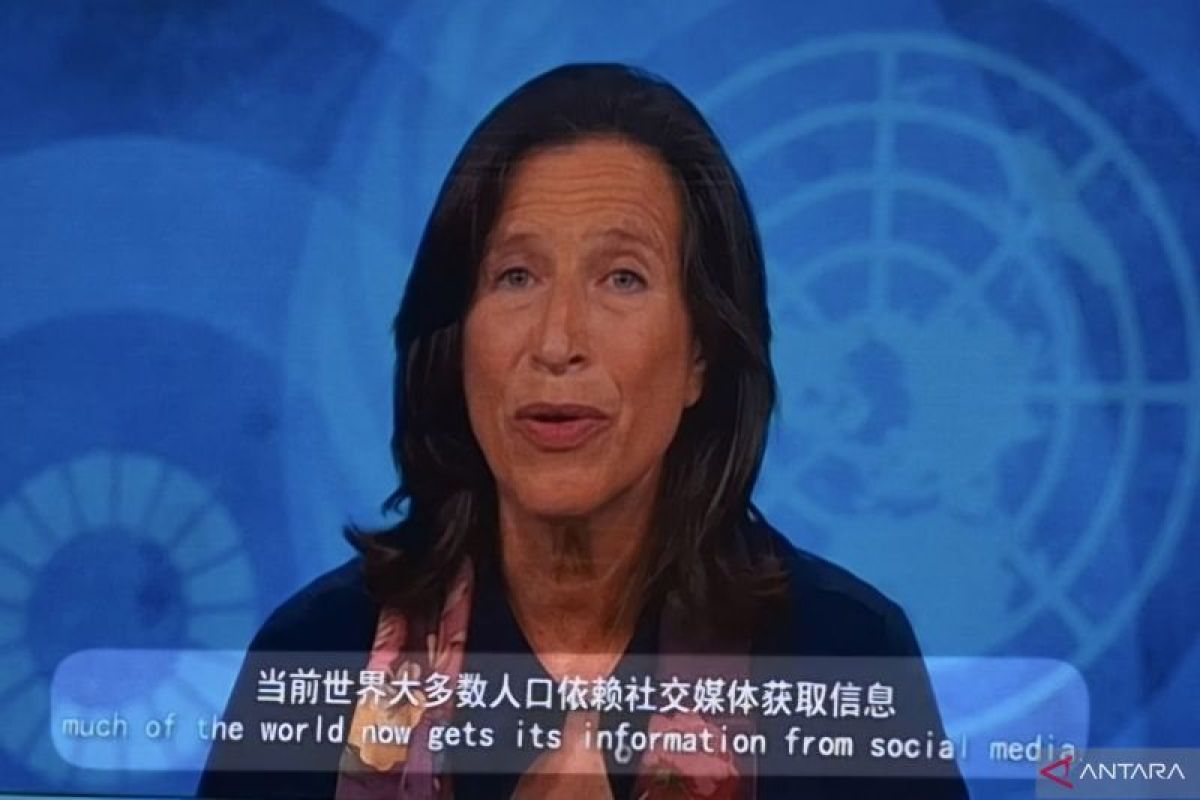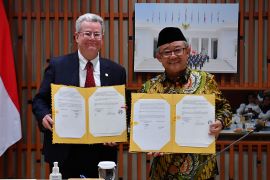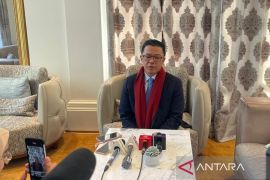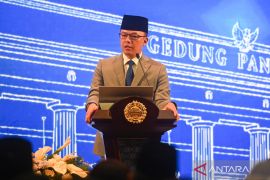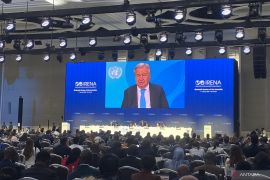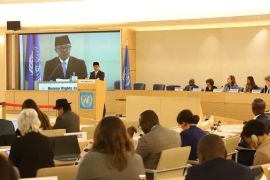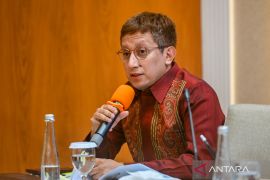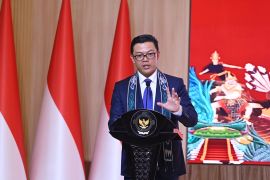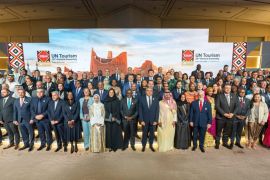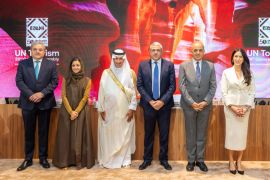UN Under Secretary General for Global Communications Melissa Fleming said that most social media platforms are powered by algorithms designed to amplify sensational content.
"And recently, some generative AI tools have set off new alarm bells with the rise of fake news sites made to look like the real thing, and the spread of deepfakes that are so convincing and so personalized that even seasoned journalists and fact-checkers are struggling to spot them in real time," Fleming said in a video message during the Global South Media and Think Tank Forum held in Kunming, Yunnan, China, on Saturday (Sept. 6).
"No wonder many people no longer know what to believe. This landscape is increasingly undermining trust — trust in institutions, trust in climate science, and trust in vaccines. Trust in our blueprint for a more sustainable world. All this is impacting the UN's efforts to make the world a better place," she added.
The UN official therefore urged collective efforts to create a more humane information space.
"We need actions to make our information ecosystem more humane — one where damaging content is no longer promoted, disinformation is no longer monetized, and where the most accurate and reliable information is also the most accessible," Fleming remarked.
Over a year ago, the United Nations launched the Global Principles for Information Integrity as a powerful advocacy tool to guide action for a healthier information ecosystem.
The Principles called on all actors to abandon business models that profit from disinformation and hate, and to mitigate the damage their products and practices are inflicting on society.
"The UN is looking to build global momentum to uphold human rights, drive bold climate action, and turbo-charge progress on sustainable development," Fleming stated.
In November this year, the world will meet in Brazil for crucial climate meeting, the 2025 United Nations Climate Change Conference, or Conference of the Parties of the UNFCCC, more commonly known as COP30.
"In the run-up to COP30, we are looking to build momentum behind climate action with a worldwide coalition promoting facts and solutions about climate change and investing in research on climate disinformation and its impacts, particularly in the Global South," Fleming said.
"We can't do this alone. Meaningful change can only come with a well-informed and engaged public," she concluded.
Related news: Media, think-tank to boost cooperation to amplify Global South's voice
Related news: Indonesia proposes to host AI Global South Forum
Reporter: Yuni Arisandy Sinaga
Editor: Primayanti
Copyright © ANTARA 2025
